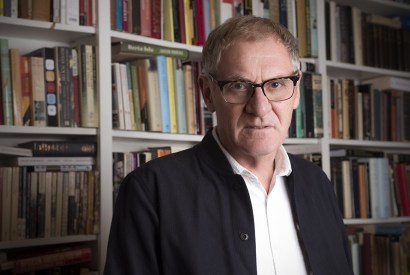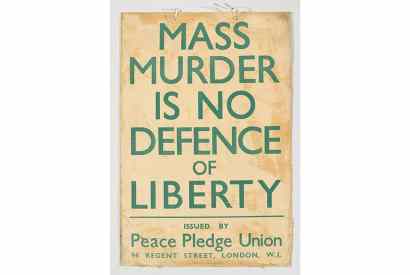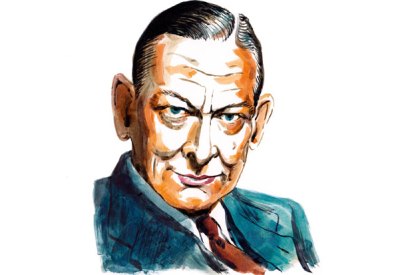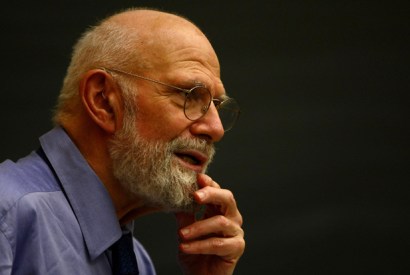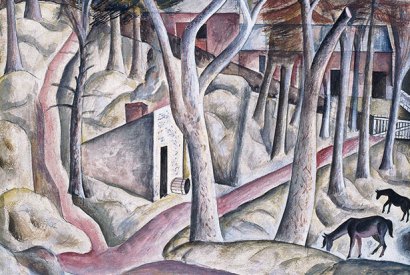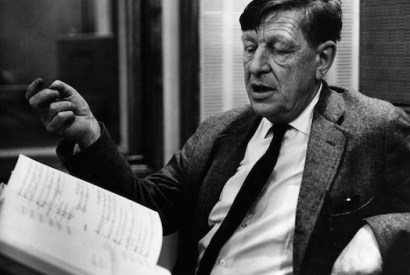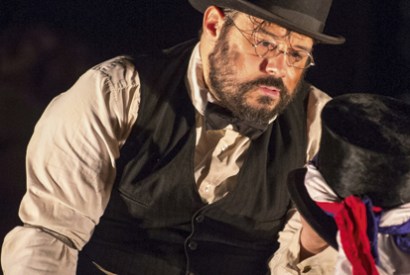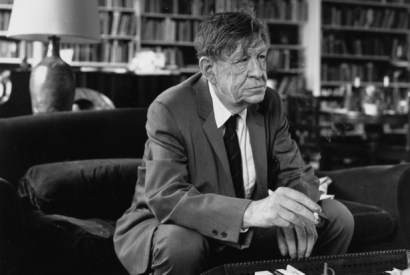W.H. Auden
Cheerful meanderings: Caret, by Adam Mars-Jones, reviewed
Now established in Cambridge, John Cromer embarks on a whirlwind of small adventures, testing our patience, if not our sympathy, with his extensive digressions
Andrew Motion pays tribute to his poetic mentors
In a second memoir, Motion focuses on how he became a poet, and his search for father figures, including W.H. Auden and Philip Larkin
The pacifists of the 1930s deserve greater understanding
As I’ve occasionally come to think is the case with The Spectator, this book is perhaps best begun at the…
Often baffling but ultimately entertaining: Britten’s Paul Bunyan reviewed
‘I feel I have learned lots about what not to write for the theatre…’ There’s a prevailing idea that the…
Marlene Dietrich, George Orwell and the rebirth of a nation
The purpose of Lara Feigel’s book is to describe the ‘political mission of reconciliation and restoration’ in the devastated cities…
Hide and seek with T.S. Eliot
Not only is this the definitive edition of T.S. Eliot’s poems, it is also the best biography of the poet we have, says Daniel Swift
Oliver Sacks bids farewell in style
‘I cannot say there is no vanity in making this funeral oration of myself, but I hope it is not…
David Jones: painter, poet and mystic
David Jones (1895–1974) was a remarkable figure: artist and poet, he was a great original in both disciplines. His was…
The mean, bullying maestro is extinct – or should be
W.H.Auden once wrote: ‘Real artists are not nice people. All their best feelings go into their work and life has…
Why is Tippett's King Priam so difficult to love?
The difference between lovable, likable and admirable is perhaps more significant in the operatic world than in other artistic spheres…
What would Auden have deemed evil in our time? European jingoism
‘Goodbye to the Mezzogiorno’ was the first Auden poem that Alexander McCall Smith read in his youth. He discovered it…


